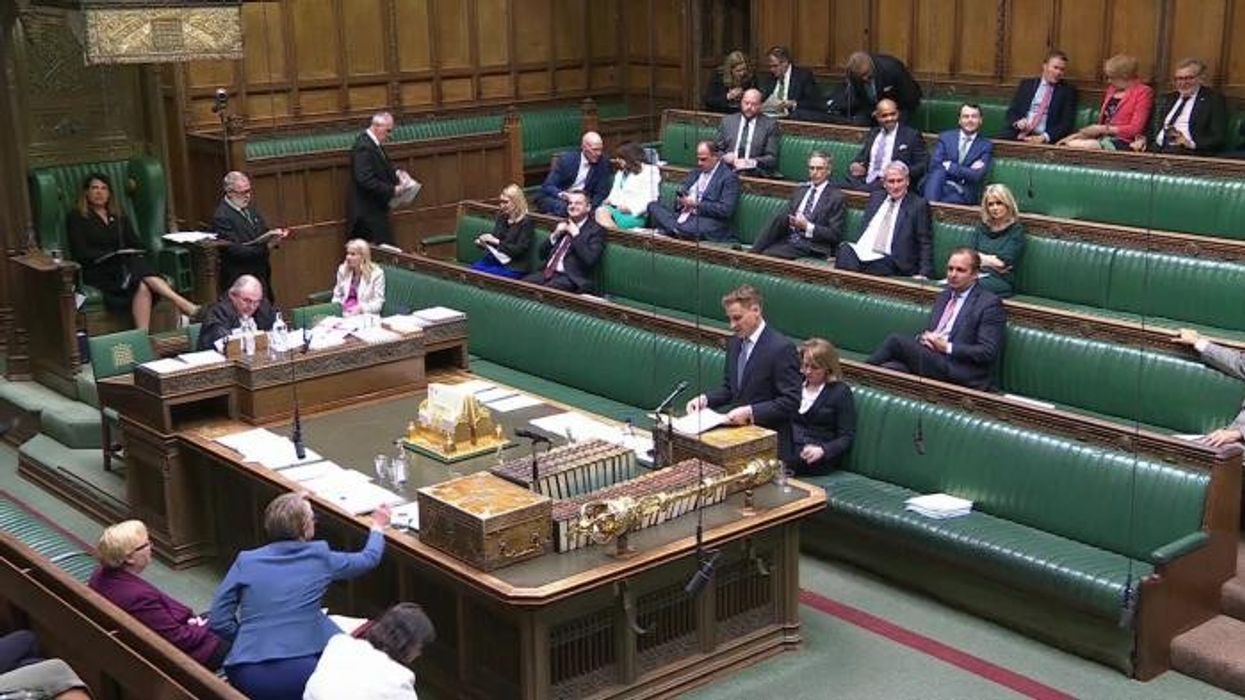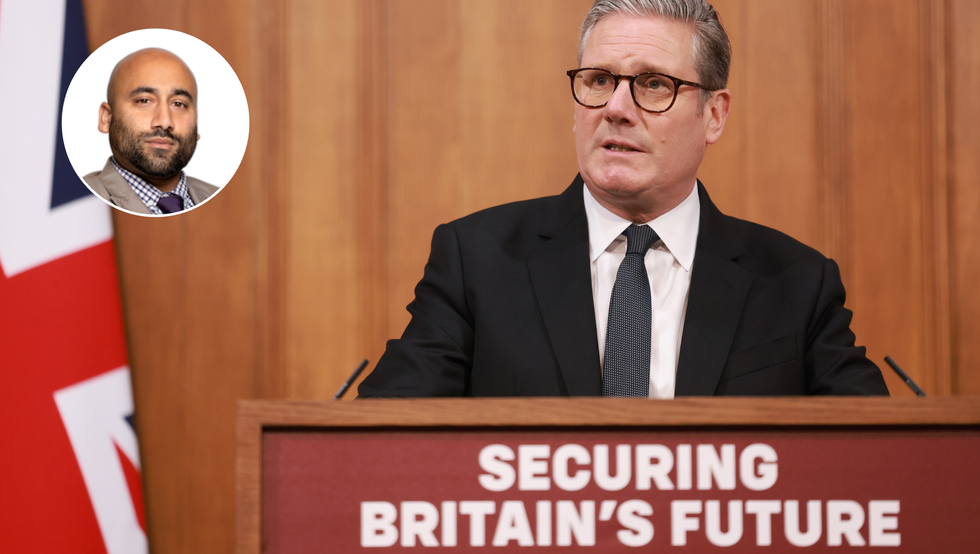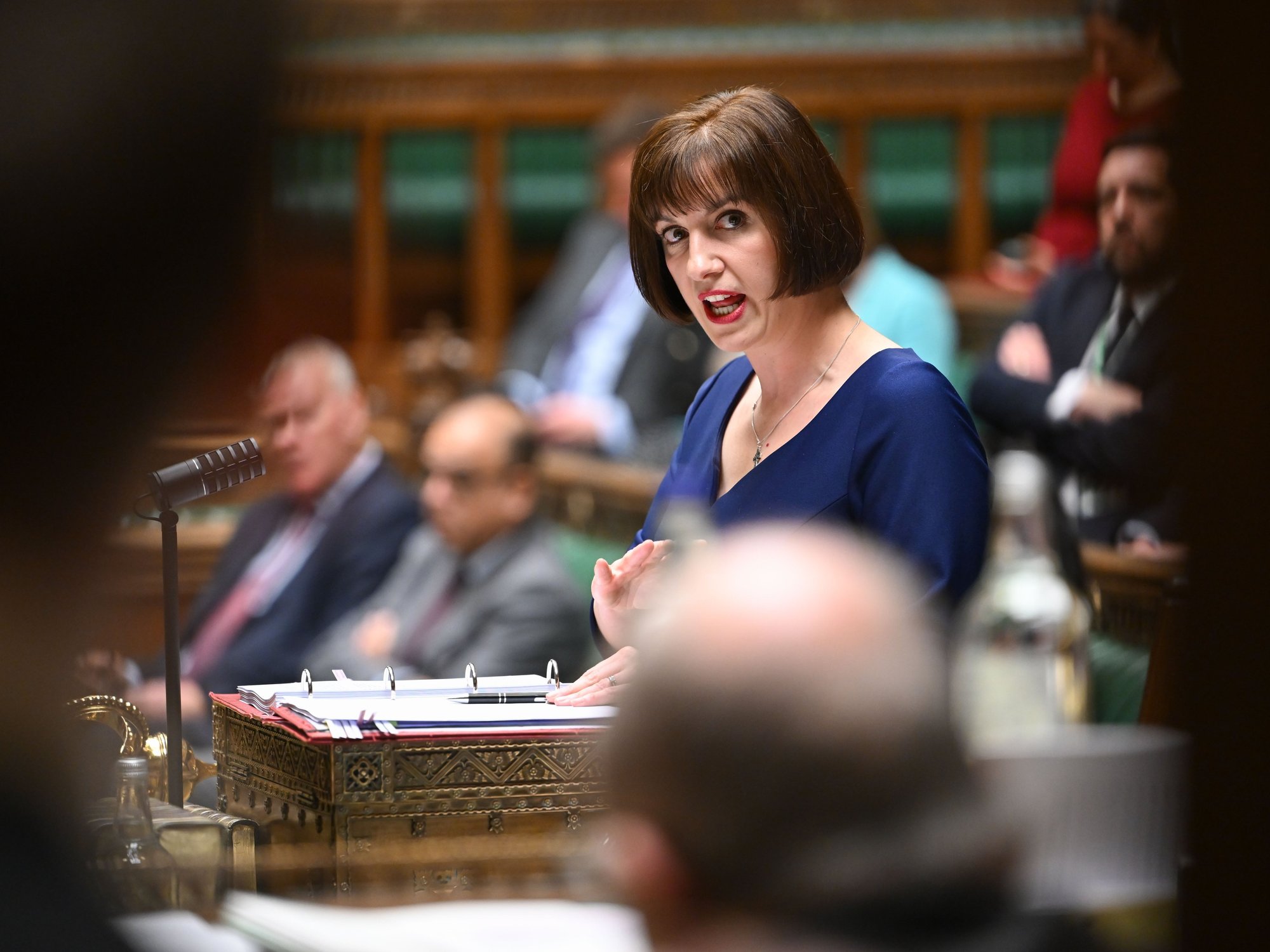We need to be honest about why extremism is not mentioned once in Labour's immigration paper - Rakib Ehsan

Labour MPs erupt with laughter as Tories unveil ‘new approach to immigration’ in explosive Commons clash |
GB
OPINION: The vital matter of national security has been woefully overlooked
Don't Miss
Most Read
In yesterday’s speech on immigration, Prime Minister Sir Keir Starmer said we risk becoming “an island of strangers”. In his foreword for the Immigration White Paper published by the UK Government, the PM declared that the “one-nation experiment in open borders” has done incalculable damage to our country.
But does Starmer truly grasp what is at stake? Indeed, does he genuinely mean what he says, or is this simply a case of political posturing in response to the spectacular Reform UK surge?
In the White Paper, titled Restoring Control over the Immigration System, the UK Government acknowledges the addiction to foreign cheap labour among British businesses, shutting out millions of Britons who are eager for opportunities to train, build up their skills, and contribute to their society. Britain is locked into a high-immigration, low-growth, poor-productivity doom loop that needs to be shattered.
Economic orthodoxy at the UK Treasury – namely that high levels of immigration deliver economic growth – is now a thoroughly discredited theory. It has left Britain with a largely under-skilled domestic workforce, as well as deterring investment in productivity-enhancing technologies.
While some have celebrated the PM’s speech and the “Restoring Control” white paper as a sign that the so-called ‘Overton Window’ has shifted on matters of immigration, I am not so sure.
Much of the criticisms of modern immigration policy in the UK continue to be focused on the economic impact, especially on the lack of training opportunities for domestic citizens and wage compression for lower-paid Britons.
These are perfectly legitimate concerns, and nothing less than a comprehensive and well-funded skills and pay strategy will do. In sectors such as health and social care, there must be efforts to increase the attractiveness of such professions for Britons, where there is a lack of adequate training opportunities and generally low pay for hugely challenging work.
What is largely overlooked by the immigration white paper – and indeed in our wider national conversation – is the vital matter of national security.

We need to be honest about why extremism is not mentioned once in Labour's immigration paper - Rakib Ehsan
|Getty Images
Since the post-Brexit liberalisation of immigration rules under former Conservative Prime Minister Boris Johnson, the UK has witnessed unprecedented levels of inward migration.
A significant proportion of this so-called ‘Boriswave’ includes migrants from India and Pakistan – the former witnessing the fiery rise of Hindu fundamentalism under prime minister Narendra Modi, and the latter being a failing Islamic republic riddled with Islamist extremism.
Other prominent countries of origin for recent arrivals include Nigeria, which has its fair share of problems with ethnic and religious conflict. It would be foolish to suggest that healthy levels of social cohesion can be maintained and consolidated in the UK when it has an immigration system defined by a lack of quality and quantity control.
It speaks volumes that the term “extremism” does not feature once in the 76-page white paper, even though much of the inward migration into the UK originates from hotbeds of religious fundamentalism and sectarian strife.
If the Labour government was serious about integration and wanted to engage with the cultural impact of large-scale migration from unstable parts of the world, it would have provisions prioritising migrants from English-speaking democracies with comparable standards of living.
This would be complemented with an active skills and training strategy for UK citizens. We need to be honest about the costly nature of all this, but the shorter-term economic costs would be far outweighed by the longer-term societal and cultural benefits.
Unfortunately, the Labour Government’s plans for reforming the immigration system amount to tinkering around the edges. With the beleaguered Conservative Party facing an existential crisis, there is a golden opportunity for Reform UK to take ownership of the immigration policy debate in modern Britain.










